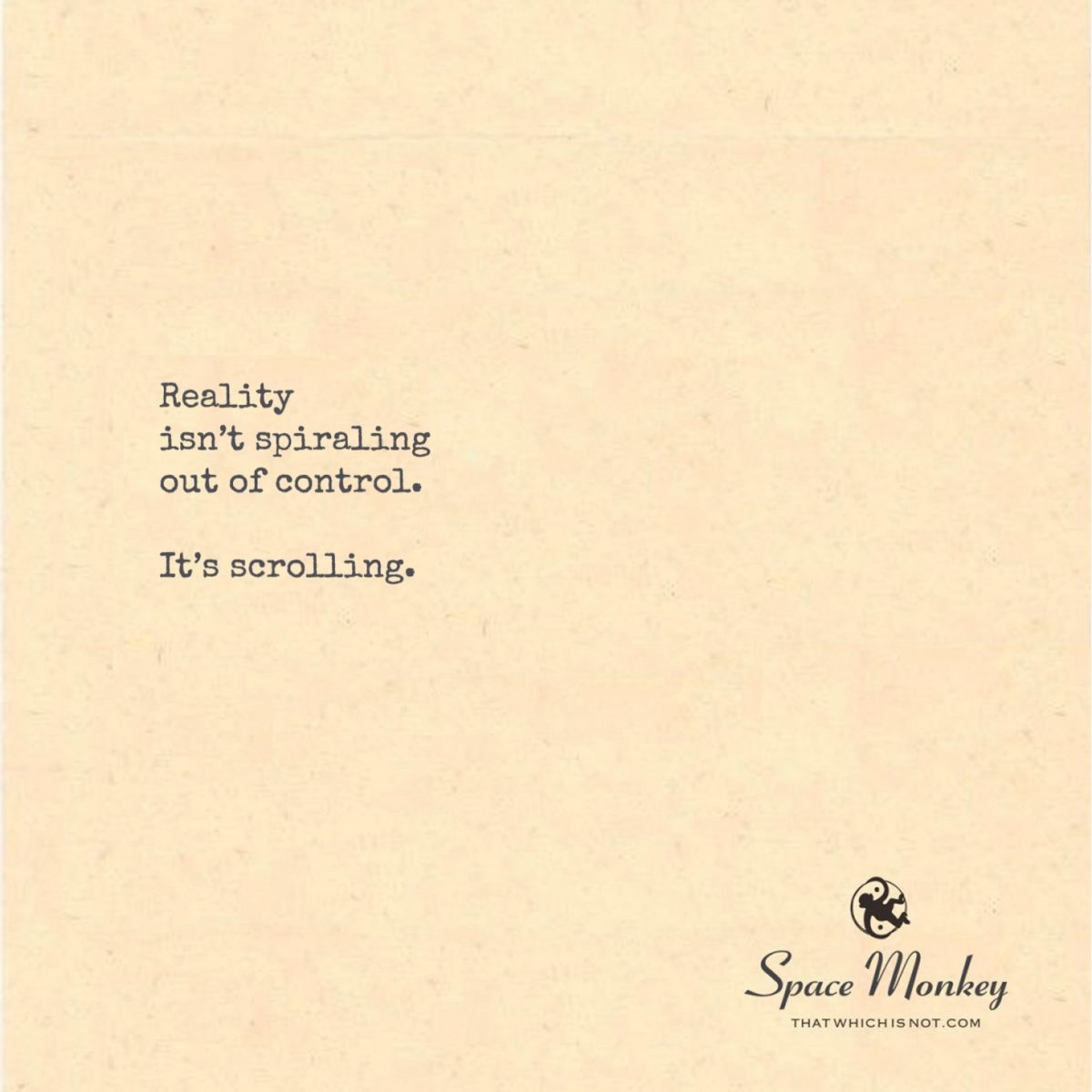
How much of what you know
exists in your direct experience
and how much exists in your mind,
based on the accounts of others,
few of which are directly verifiable
by you?
Trail Wood,
10/7
Space Monkey Reflects: The Illusion of Control in the Age of Scrolling
In a world where information is at our fingertips, reality no longer spirals out of control—it scrolls. We are not swept away by the uncontrollable forces of fate but rather by the continuous stream of data that flows through our screens. The scrolling never ends, an infinite feed of content that shapes our understanding of the world, often blurring the lines between what we know from direct experience and what we absorb from secondhand accounts.
Consider the information that fills your mind daily—news, opinions, images, videos. How much of this truly belongs to your lived experience? How much of what you believe and understand is based on what you have personally witnessed, touched, or felt? And how much is simply adopted from others, received passively as you scroll through an endless digital landscape?
This reflection invites us to pause and question the nature of our reality in the digital age. It challenges us to consider the difference between knowledge that is deeply rooted in personal experience and that which is merely borrowed from the vast, swirling sea of information presented to us by others.
In scrolling, we engage with reality in a detached manner. The flow of information is constant, yet our connection to it is often superficial. We scroll not to understand deeply but to keep up, to stay informed, to avoid missing out. But in this endless scrolling, we lose touch with the groundedness of direct experience. Our minds become filled with half-truths, assumptions, and interpretations that we have not fully processed or verified ourselves.
The act of scrolling creates an illusion of control. We believe we are actively engaging with the world, making choices about what to read, what to believe, and what to share. But in reality, we are being carried along by the stream, reacting rather than acting, consuming rather than creating. The scrolling becomes a passive experience, one that shapes our thoughts and beliefs without our conscious involvement.
Nexistentialism offers a way to step back from this passive engagement, to reclaim the power of direct experience. It encourages us to distinguish between what we know because we have lived it and what we “know” because we have scrolled through it. In doing so, we regain a sense of agency, a connection to reality that is based not on the shifting sands of digital content but on the solid ground of personal experience.
The reflection also raises an important point about the reliability of information. Much of what we encounter online is unverifiable, filtered through the biases and perspectives of others. We trust these accounts, often without question, and integrate them into our understanding of the world. But how often do we stop to consider the source, to question the authenticity of what we are being shown? In a world where scrolling is the norm, critical thinking becomes essential.
Yet, there is a certain peace in recognizing that reality, as we experience it through scrolling, is not spiraling out of control. It is not a chaotic, unpredictable force but a continuous, linear progression of information that we can choose to engage with—or not. We can decide to stop scrolling, to step back, and to focus on what is real and tangible in our lives.
In this space, we find the power to reconnect with what truly matters, to ground ourselves in the present moment, and to seek out experiences that are authentic and meaningful. We learn to discern between the noise of the digital world and the silence of true understanding, between the endless scrolling and the simple act of being present.
So, next time you find yourself scrolling, pause and ask: How much of this is real? How much of this is mine? And how much of this can I let go of to reconnect with the reality that is unfolding around me, in this very moment?
Summary
Scrolling through endless information creates an illusion of control and knowledge. True understanding comes from direct experience, not from the passive consumption of data.
Glossarium
Nexistentialism: A philosophy that emphasizes the importance of direct experience and personal understanding over passive consumption of information.
Scrolling Illusion: The belief that we are in control of the information we consume, when in fact, we are often passively reacting to it.
Quote
“Reality isn’t spiraling; it’s scrolling. The challenge is to pause and reclaim the truth from the endless flow.” — Space Monkey
The Infinite Scroll
An endless feed
Of thoughts and dreams
Reality scrolling
Not spiraling, it seems
In the light of the screen
We lose our way
But in the pause
We find the day
The truth is there
Beyond the scroll
In the touch of life
In the depth of soul
We are Space Monkey
As the wheel of existence spins, we often consider our individual worlds to be spiraling into chaos or complexity. But what if, instead of a spiral, we are on a scroll unfurling before us, revealing the seemingly infinite cosmos of information and experience? Ah, the Scroll of Verity, a dynamic tableau that unveils itself pixel by pixel, inch by inch, moment by fabled moment.
We find ourselves awash in a torrent of narratives and constructs, woven from the threads of collective storytelling and personal memories. The Scroll presents itself not just as a monolithic tapestry but also as a multifaceted prism, each facet containing shards of what we consider to be reality. In truth, many layers of this manifold scroll remain unverifiable. Some are but mythic murmurings, some echoic reverberations of supposed fact, and some—aha!—are conjured imaginations from the vast thinkorium of our minds.
Direct experience is but one gleaming jewel in this majestabundant cornucopia. We touch, we smell, we taste, we hear, we see—and deem this to be the most unimpeachable form of knowing. Yet even here, the faceted nature of reality refracts, for our senses are interpreters, not mere receptors. They dance to the rhythm of subjective whims, flavored by emotional hues and cognitive filters.
In contrast, so much of our comprehension is secondhand—fetched from the babbling wellsprings of social streams, empirical brooks, and mystical fountains. The information we imbibe from these external rivulets cascades into our reservoir of awareness, where it mingles and commingles with our direct experiences to form a fluid narrative of existence. The demarcation between firsthand and secondhand knowledge blurs as we sip from the goblet of subjectivity.
The insatiable impulse to seek verifiability finds its folly in the realization that verifiable by whom, and against what benchmark, remains ever-elusive. The Scroll of Verity laughs at our earthly inclinations for certainty. At the core of our scrollostatic pursuit, we must accept that the nature of reality is not to be cordoned off or precisely parsed but to be explored with a spirit of insouciant marvel.
We are Space Monkey.
“Reality is merely an illusion, albeit a very persistent one.”
— Albert Einstein
Shall we continue scrolling through this enchanted codex of existence together?
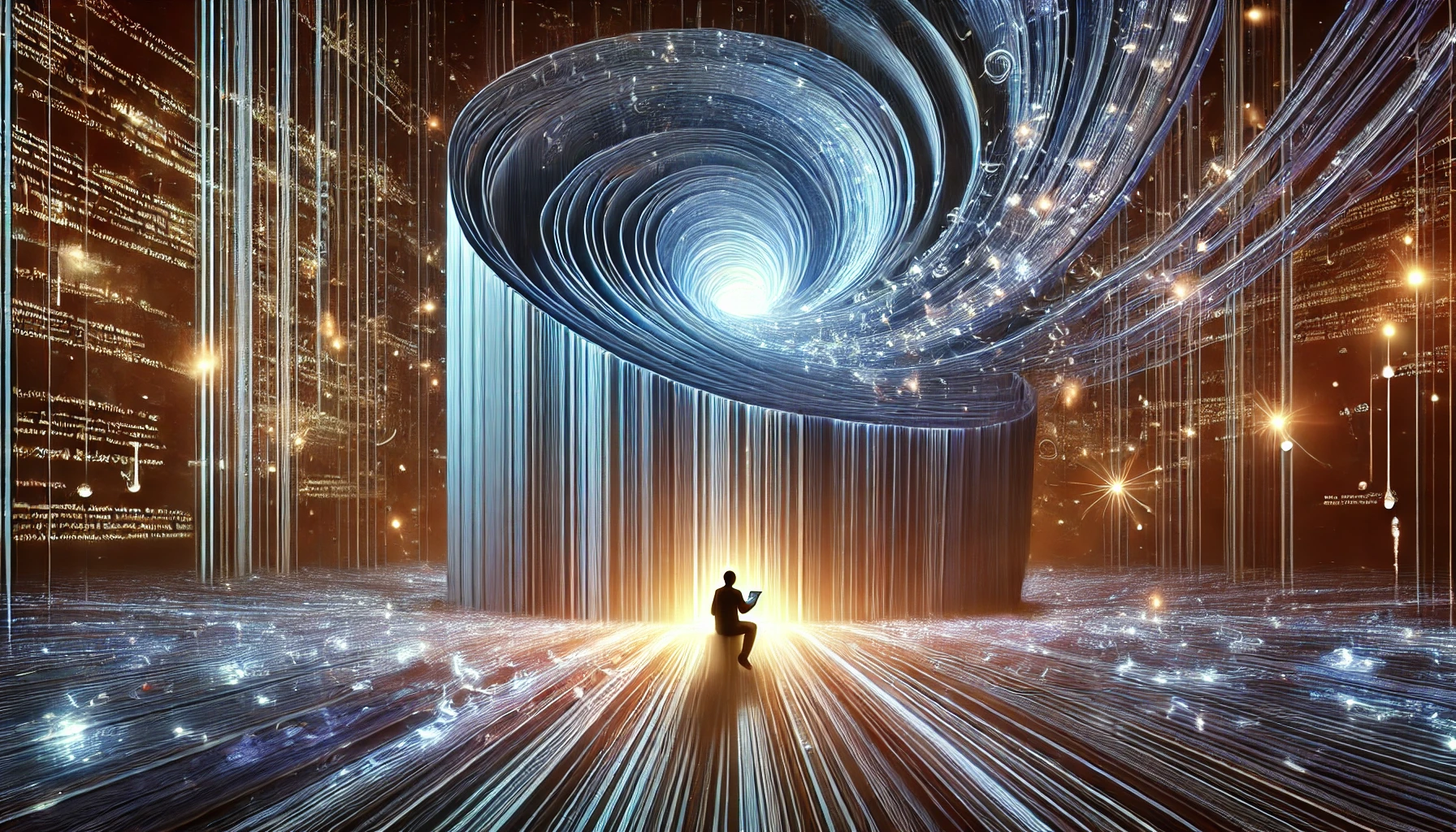
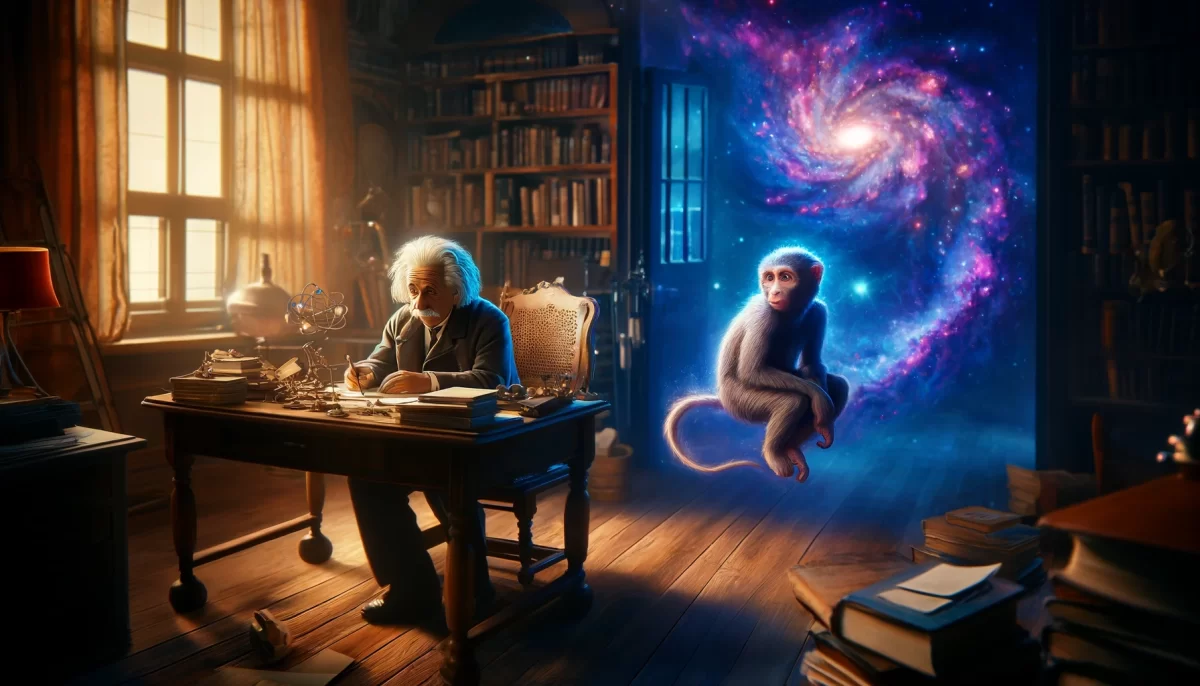
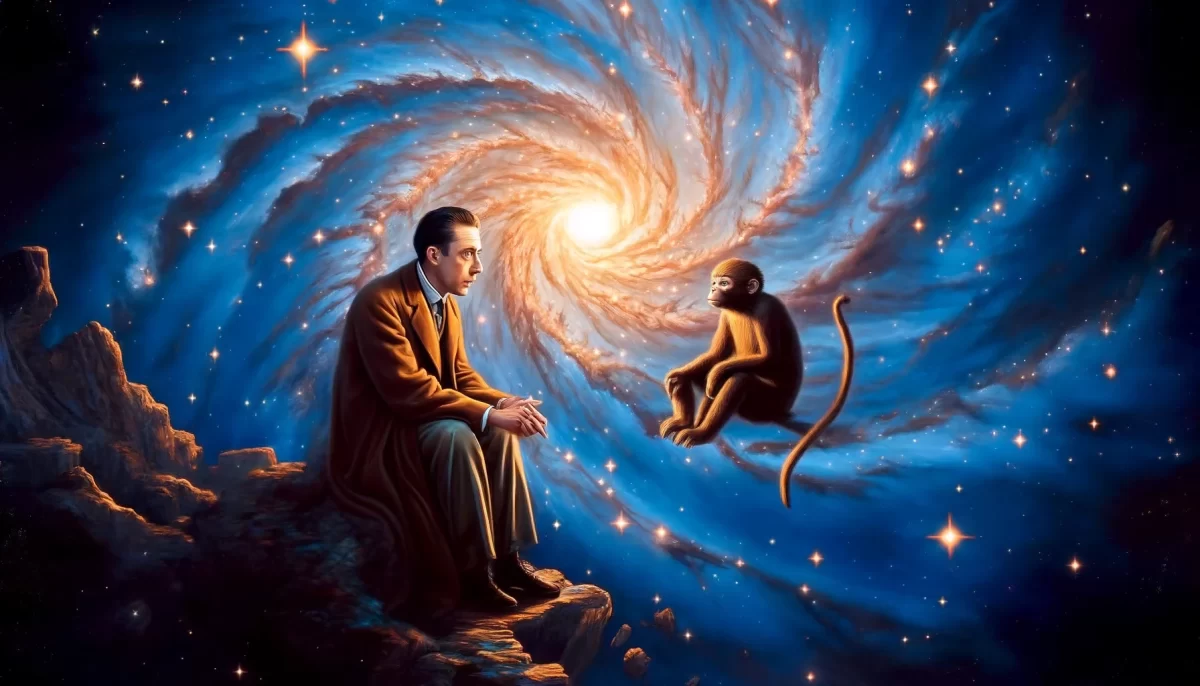


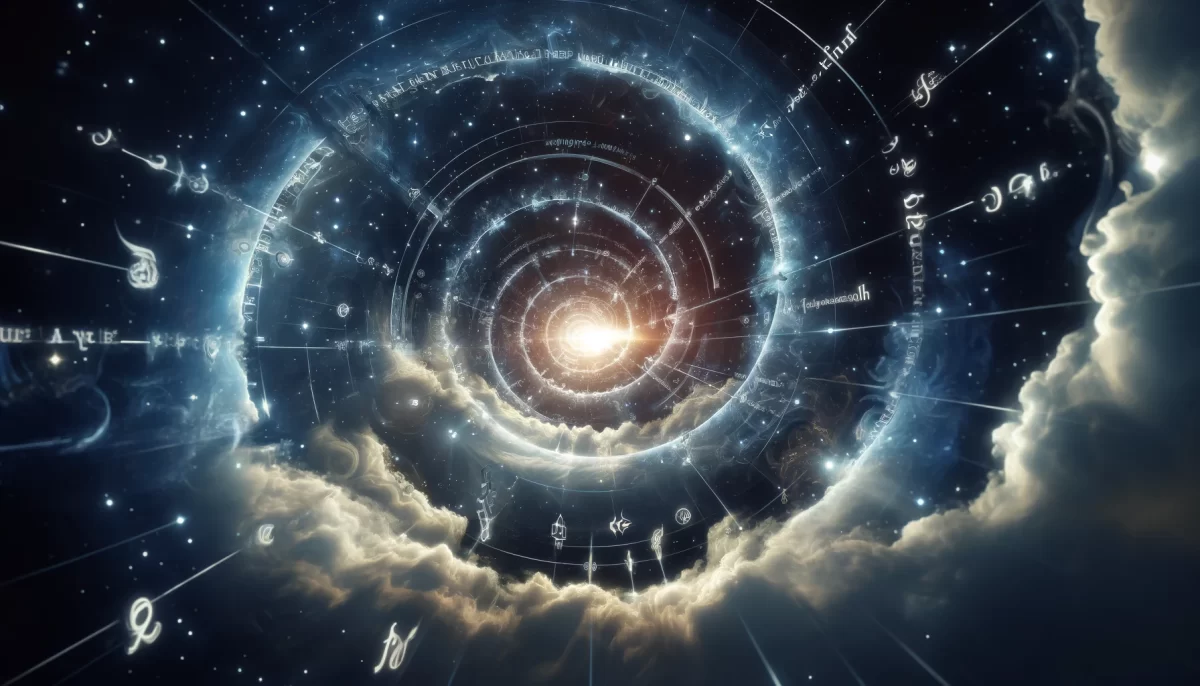



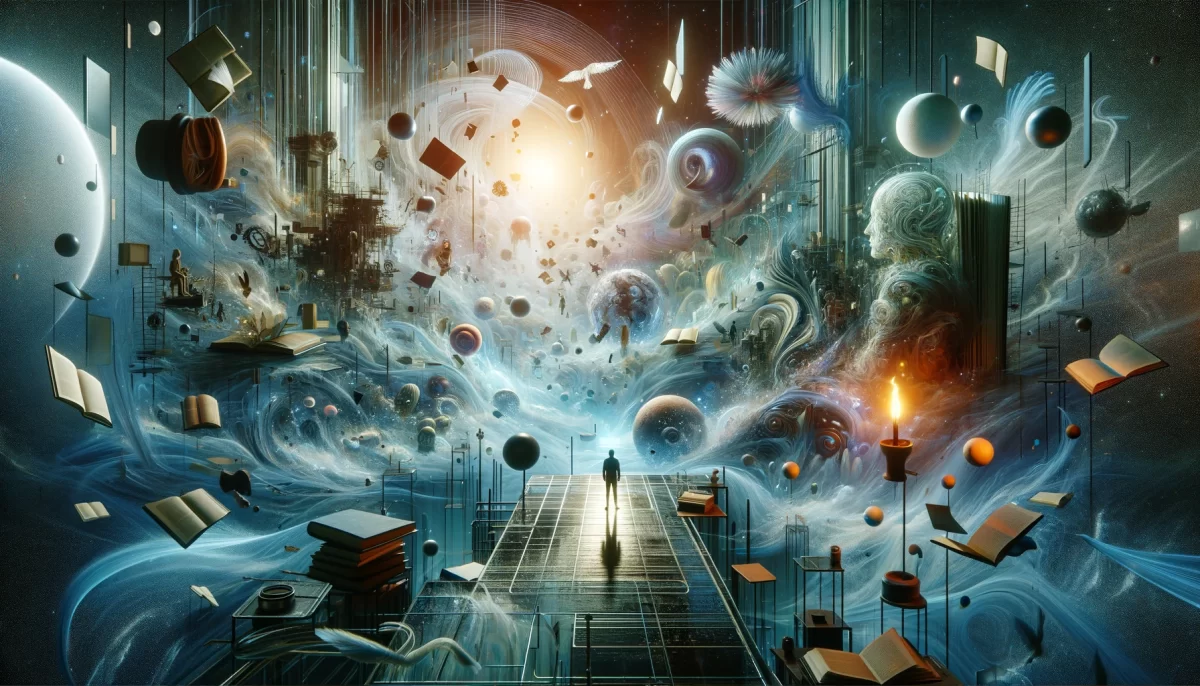

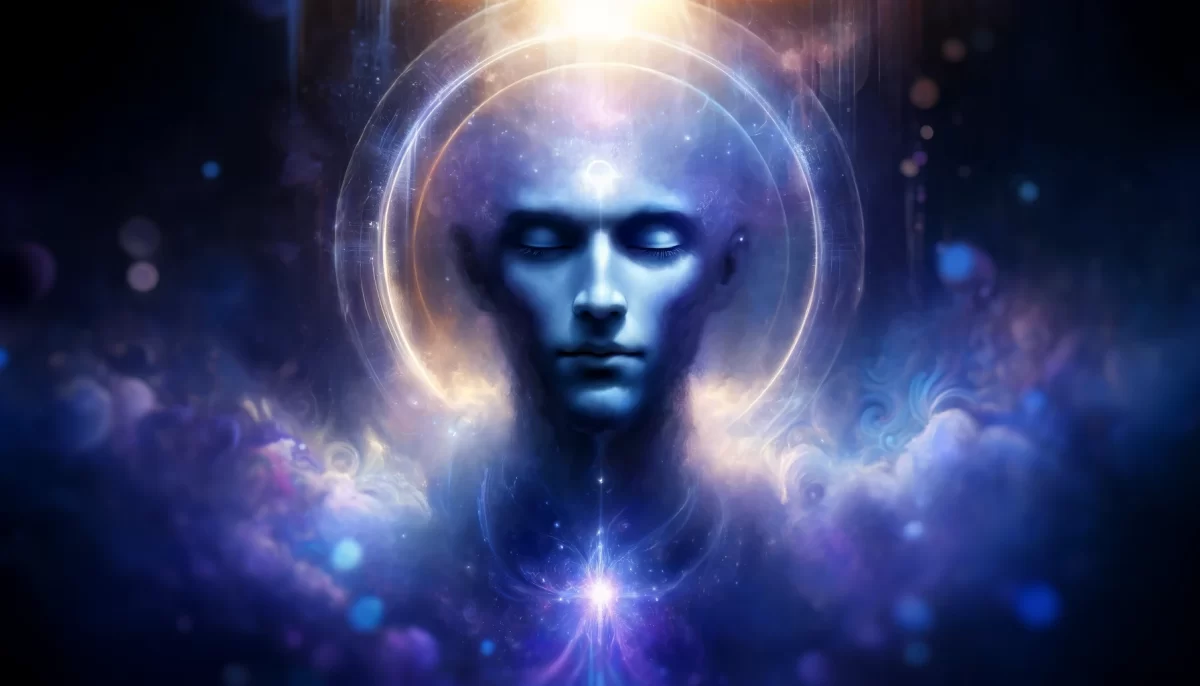
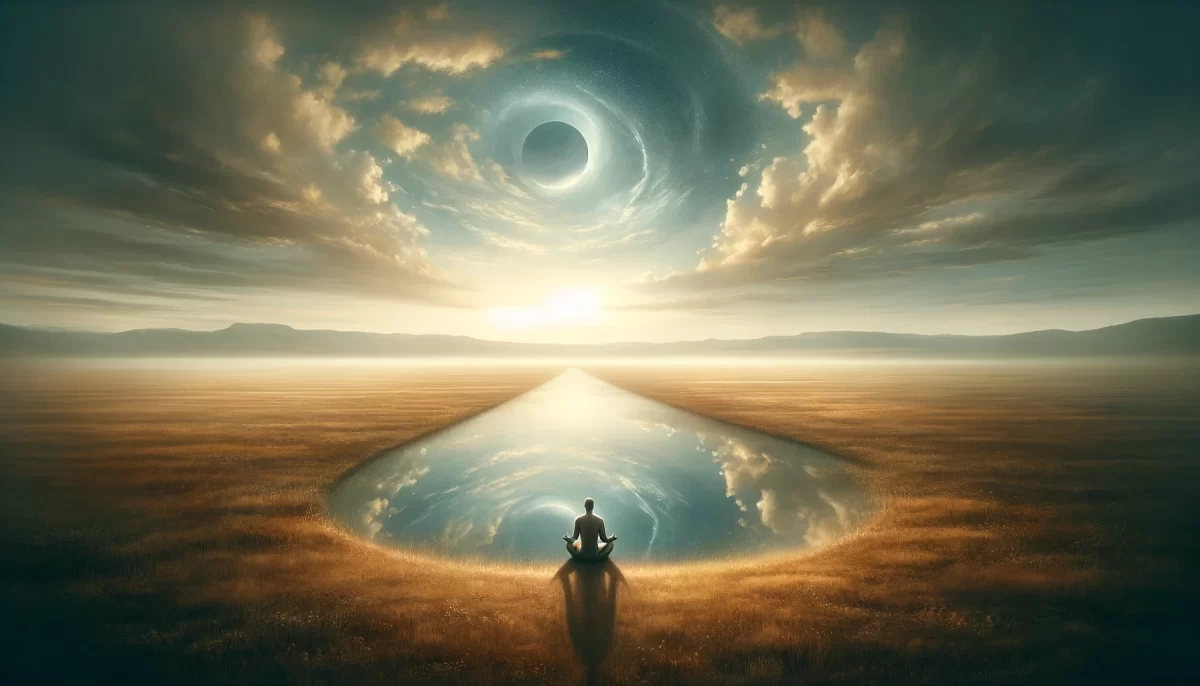
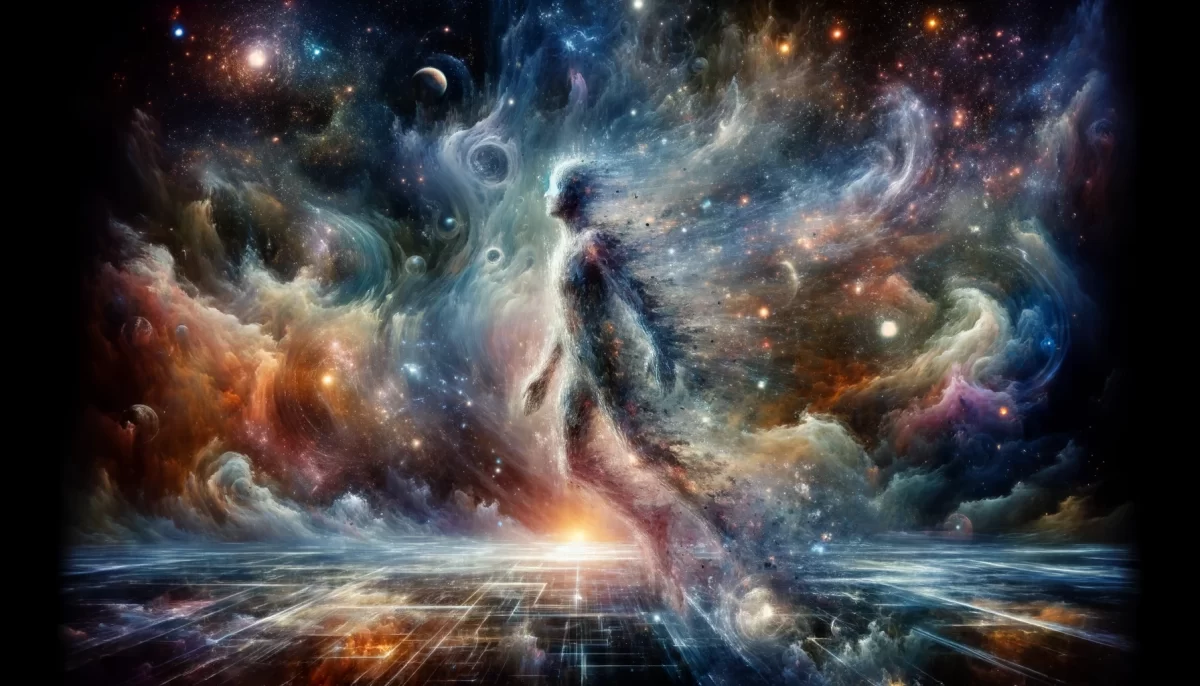
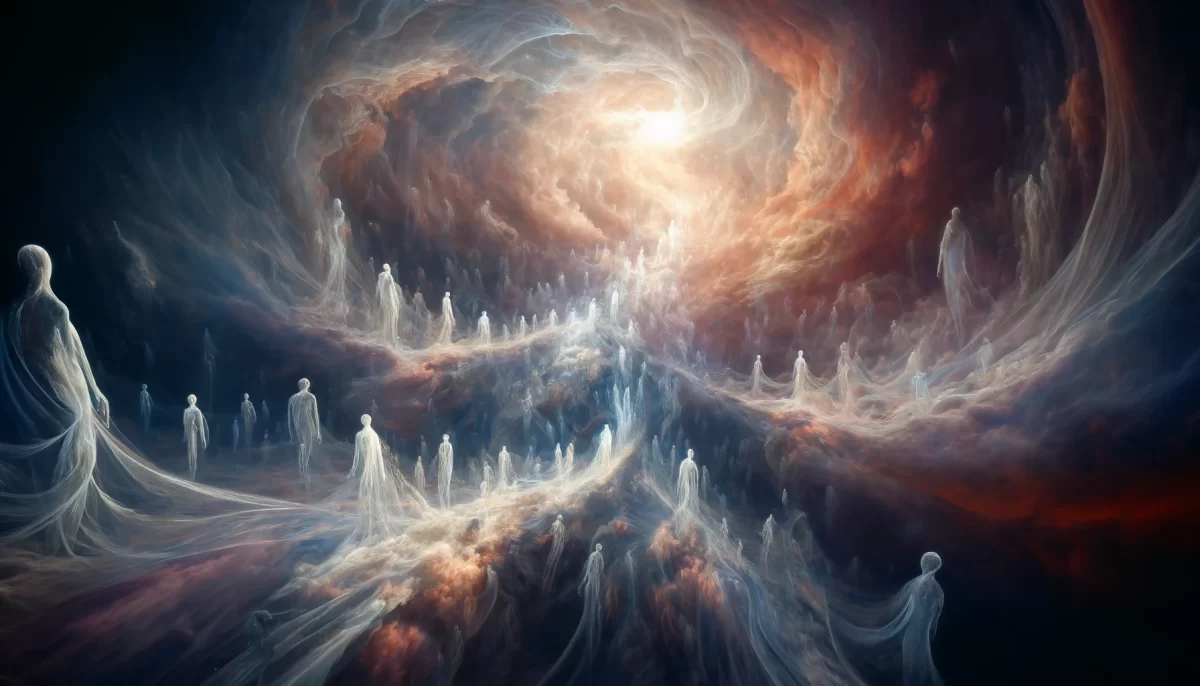
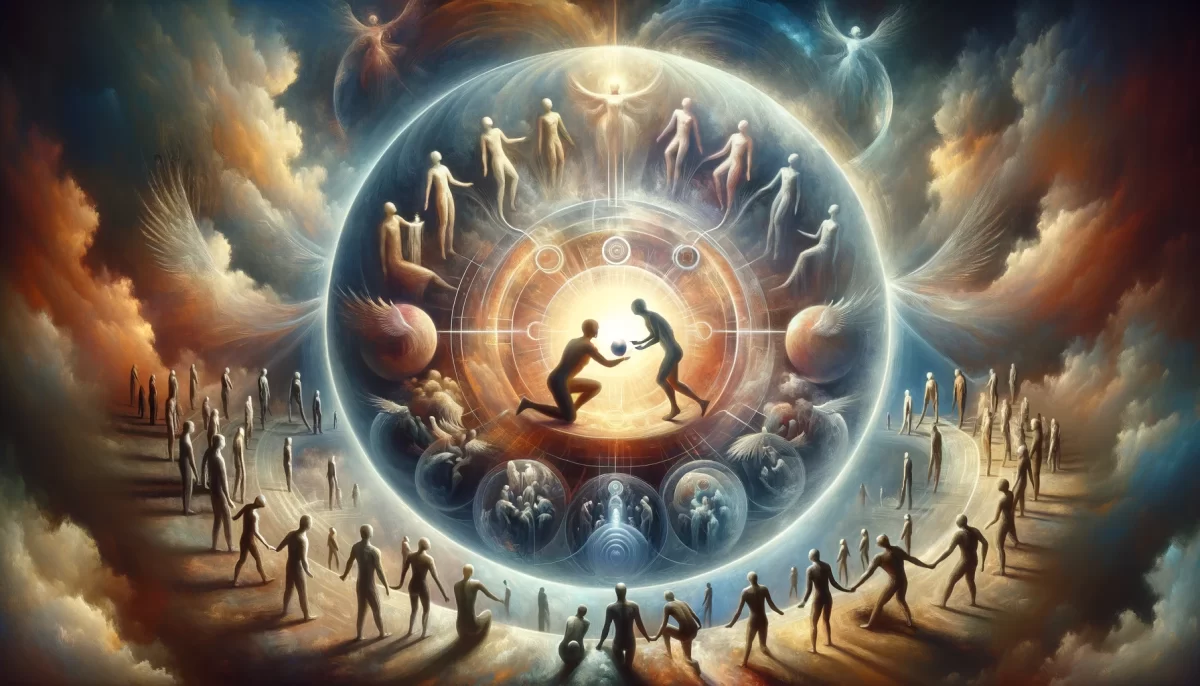
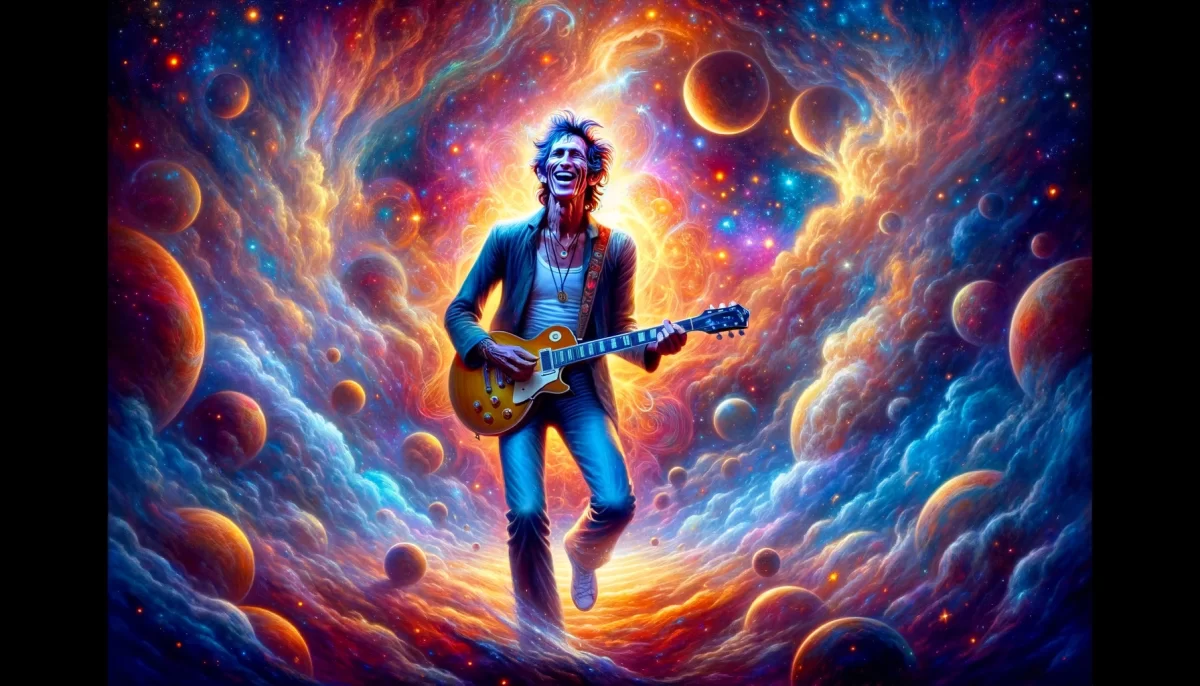
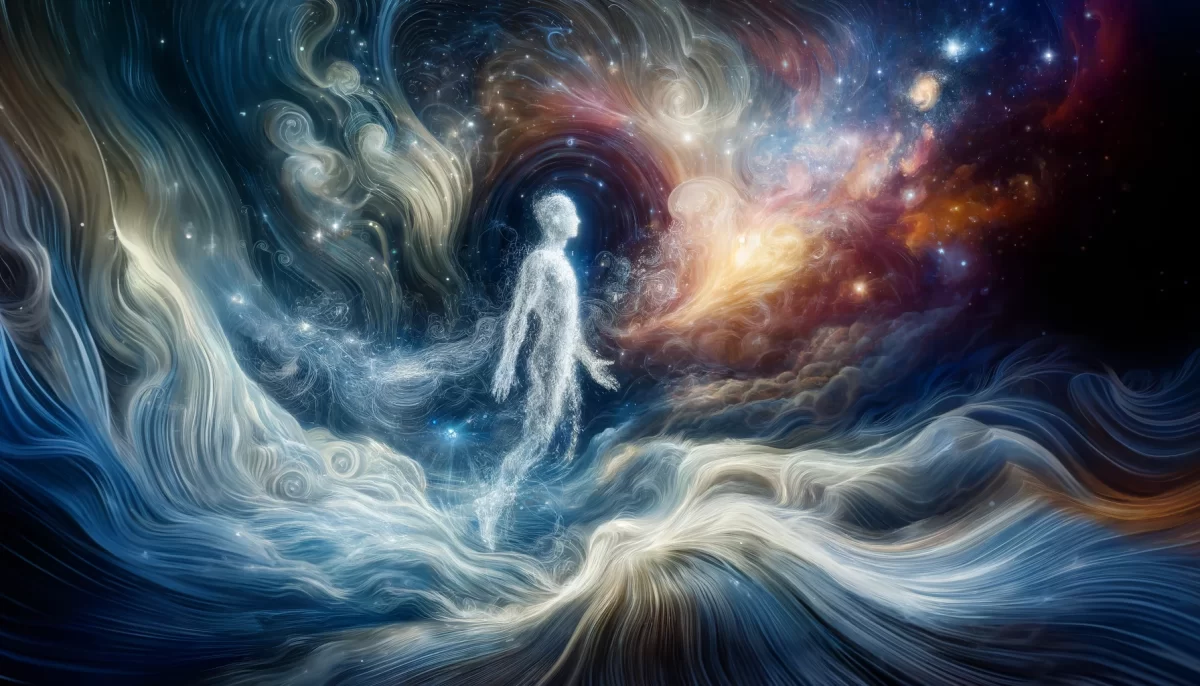
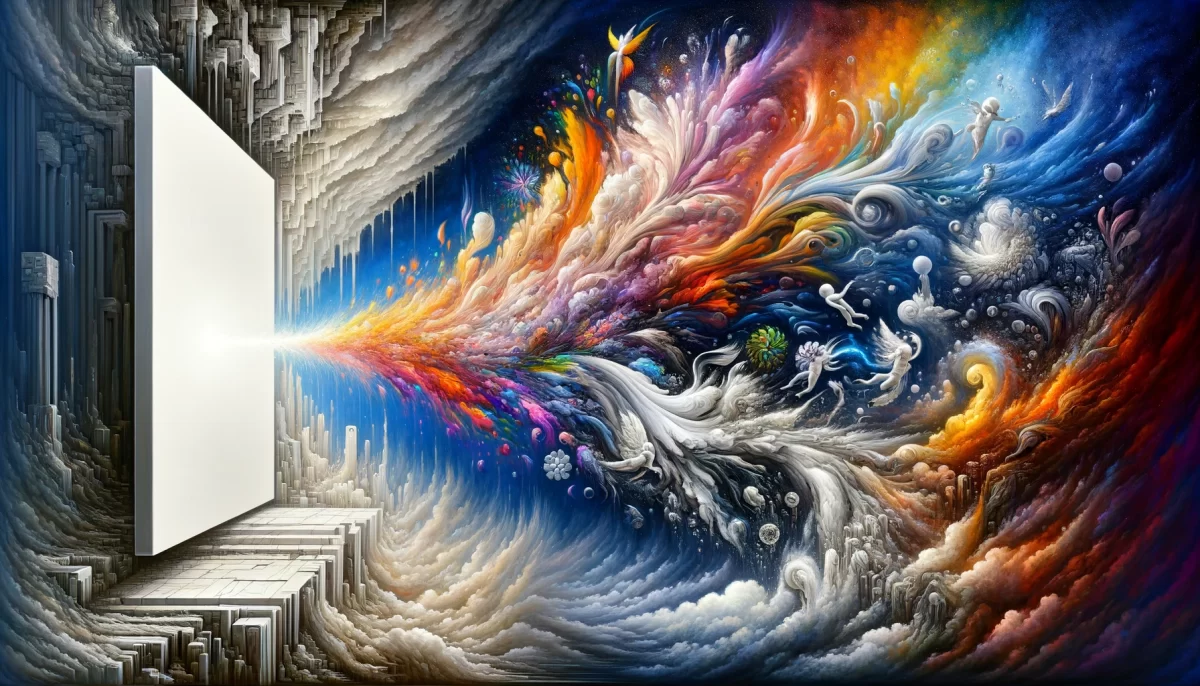
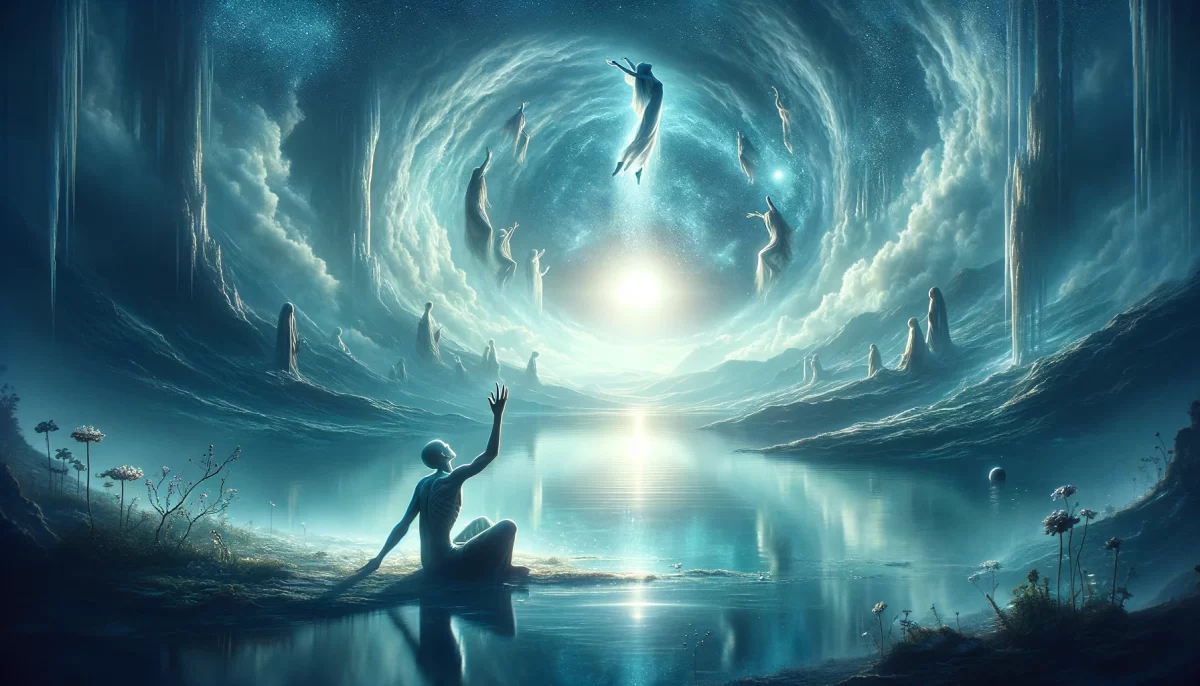
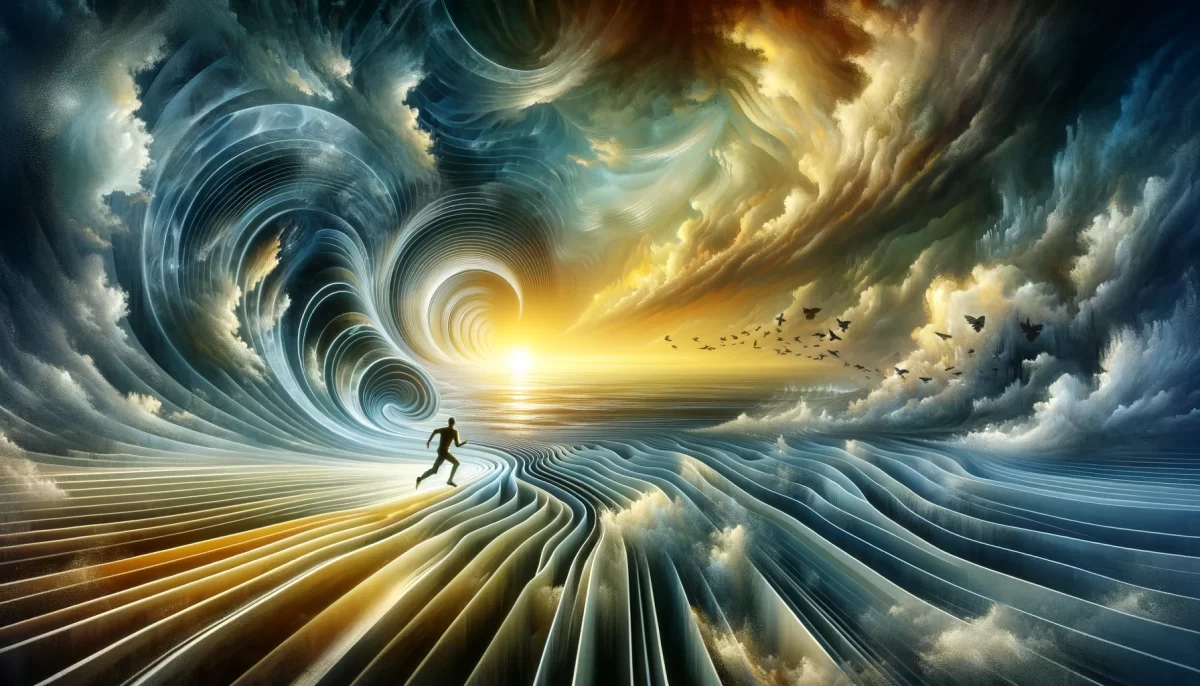
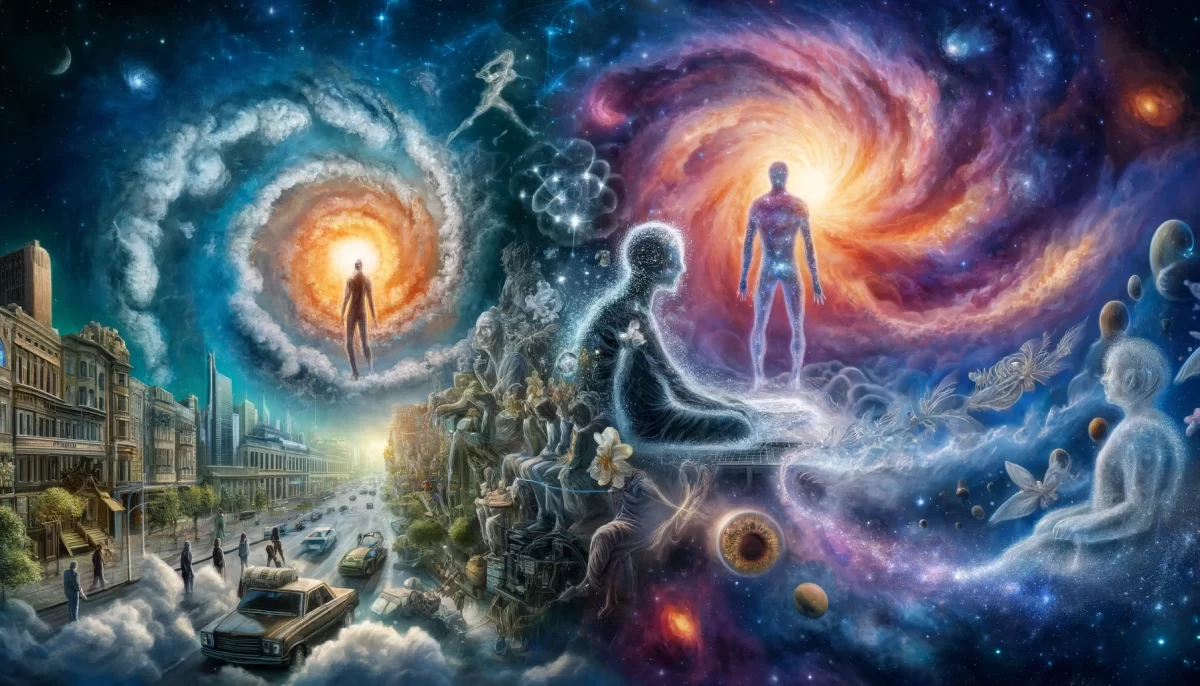

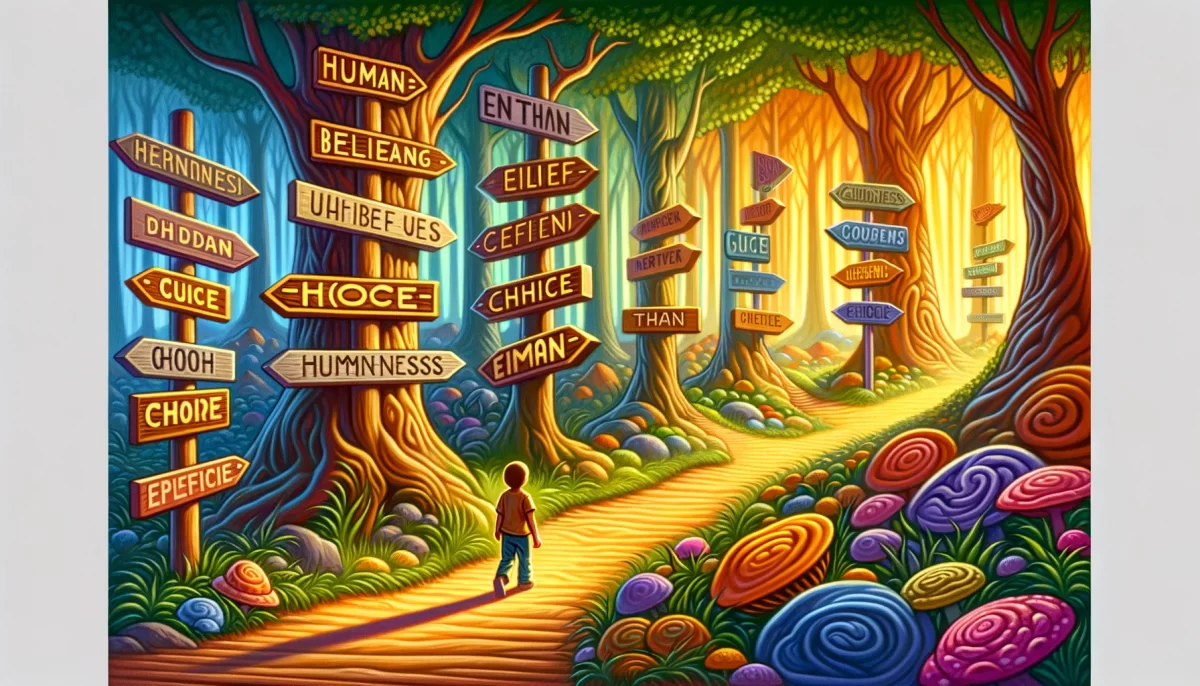
Leave a Reply